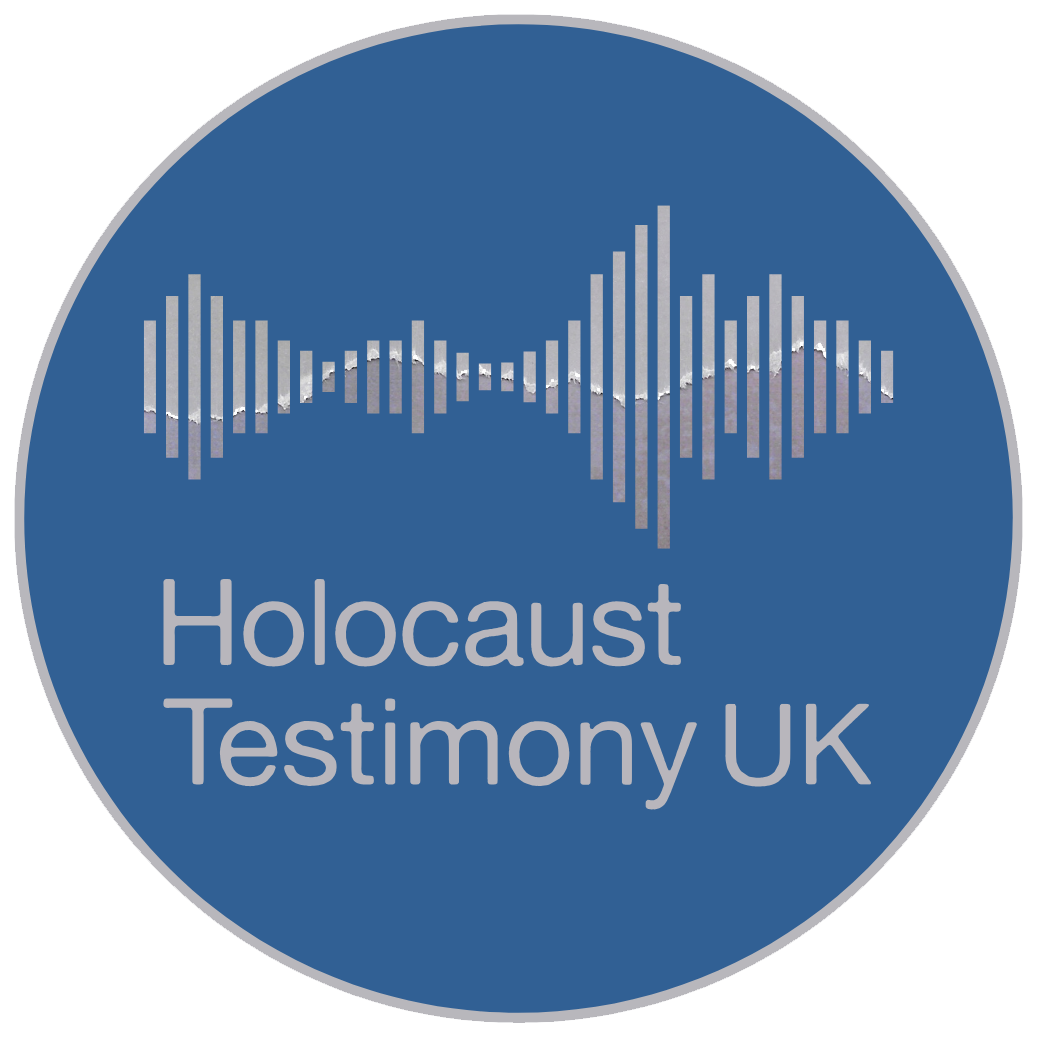<message>

Name
Born:
N/A
Place of Birth:
N/A
Date of Interview:
01/03/16
Place of Interview:
Interviewed by:
Name (Clickable)


It looks like this interview is hosted by one of our partners
Please click the link below to be redirected...
Visit Partner Website



INTERVIEW:
<name>
Born:
00/00/0000
Place of Birth:
Prague
<name>
Born:
00/00/0000
Place of Birth:
Institution:
<partnerName>
Collection:
Date of Interview:
01/03/16
Interviewed By:
Dr Jana Buresova

Interview Summary
Tom Arie was born Tomas Arje in 1933 in Prague. His father Otto Arje was a young and aspiring lawyer and his mother, Hedy Glaser taught modern languages from her home. Until the Germans arrived, Tom remembers a happy childhood. He remembers visiting his paternal grandparents in Dobris, outside Prague, where his grandfather was the rabbi. But he also remembers the violence and destruction of the synagogue, the discrimination his mother faced when she toured the official bodies to obtain the exit visa to leave Czechoslovakia and his beloved German nanny having to leave after the Nuremberg race laws. Tom does not remember the details of their emigration, e.g. which organisation helped, it might have been the Czech Refugee Trust Fund who made it possible to leave Prague on the 17th August 1939 on the penultimate train. Tom remembers the trip to England and the start at an English primary school well. Learning the English language and settling in was no problem, except for standing out in 'Lederhosen' which he quickly exchanged for English school wear. His lawyer father trained as a welder but never worked as such and found temporarily work with the CRTF. Tom later found correspondence that his father insisted on paying all the money back although the CRTF had told him "it was a gift and not a loan". Tom was evacuated during the Blitz and only allowed back when his parents found an accommodation providing an air raid shelter. He can't remember the details but remembers the man, who kindly took his family in, George House who later became a Labour MP for St. Pancras with Attlee. When his father found work with the BBC monitoring service in Evesham they moved. Tom has lost most of his German language ability and to some degree the Czech. The latter was preserved by talking to both grandmothers who came later to stay with them. Tom is not a religious Jew but very conscious of this cultural background. He has never experienced anti-Semitism, however he found correspondence of his mother looking for work who was turned down because of her Jewish background. Gradually his parents moved from having mainly continental Jewish friends to English. After finishing school Tom went on to studying Classics in Oxford until he followed his true calling and switched to medicine. He felt interested in the sociology of medicine and finally specialised in psychiatry and became an expert in 'old age psychiatry'. He was made a Commander of the Order of the British Empire (CBE) in the 1995 Birthday Honours, for "Services to Medicine". He met his wife, who was a medical student as well, in 1960 and in 1963 they got married and later had three children, who he thinks benefited from a rich and varied background Presbyterian New Zealanders and Czech Jews. Tom felt at first reluctant to be interviewed as he "hadn't suffered personally". However, his family suffered losses like his mother's brother and her uncle and her parents are survivors of Terezin. His paternal grandparents and one uncle survived the Holocaust in Palestine and another uncle joined the forces (RAF and Czech Army). He came back to Prague after the but finally fled the communists to England. Tom still feels a strong connection to Prague and loves visiting. His grandfather Glaser is buried there and his uncle and great-uncle are commemorated on this gravestone. He remembers the moment when after the Violet Revolution it was possible to go back to the place of his birth. He can't define to which degree he feels British and "the other side", but it isn't necessary as there is room for both and they rather complement each other. He is grateful to his parents that they took the plunge into the unknown and left for England. He is enjoying retirement looking back on a very happy life blessed with family and a rewarding career. Key words: Arje, Glaser, Dobris rabbi, Fleischmann family, psychiatry of old age, Czech Refugee Trust Fund, MP George House, BBC monitoring service, Terezin, Kaufering - Minsk


